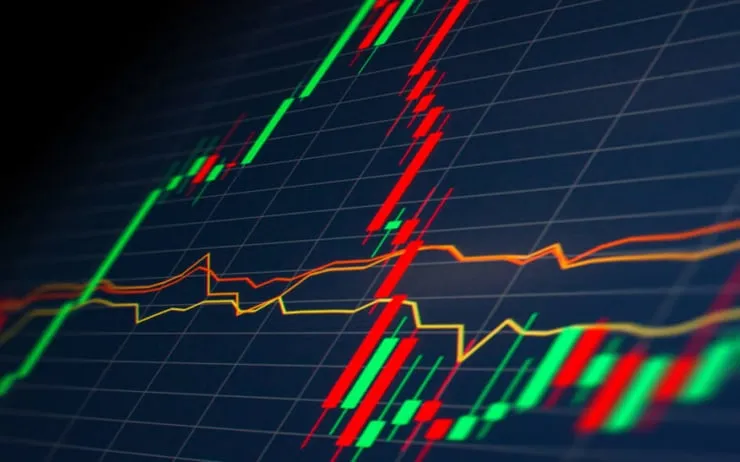In the arsenal of weapons that the economic elites use to maintain their monopolies, an insidious, albeit lesser-known method of hoarding wealth is facing increased scrutiny. Stock buyback, also known as share repurchase, is a process whereby a corporation buys up its own shares from all shareholders looking to sell and then retires said shares. The retiring of shares increases the dividend-per-share ratio and artificially inflates the value of stocks held by shareholders.
Stock buybacks have the obvious benefit of increasing share values and dividends for shareholders. They also give a perceived increase in company growth. The costs of these benefits for financiers, speculators, and corporate executives are exclusively borne by workers.
Mainstream media outlets and business publications characterize stock buybacks as tools to be used when a company has excess cash that cannot be put towards growth or expansion. More often than not, companies invest their surplus cash funds into stock buybacks to give the impression of company growth and consolidate wealth in the hands of executives and shareholders. Unions and workers have highlighted the tendency of companies to allocate a substantial portion of funds to buybacks while simultaneously cutting wages, eliminating benefits, and laying off staff.
In 2020, the US airline industry laid off 400,000 workers while spending millions of American taxpayer funded dollars on share repurchases. Between 2011 and 2021, the United-States’ four largest airlines allocated 96% of their revenue to buybacks. From July through September of 2023, Stellantis commissioned the buyback of over US$500 million of available stocks from shareholders. The auto monopolist schemed to buyback a total of US$1.6 billion for the entire year of 2023, just before engaging in negotiations with the United Auto Workers, culminating in the launch of one of the largest strikes in American history.
CIBC estimates that in Canada, companies spend anywhere between $20 and $70 billion a year on share repurchases. In Q3 of 2022, Canadian oil giant Suncor spent $1 billion on stock buybacks, while the Royal Bank of Canada spent $1.3 billion.

Starting on January 1st, 2024, the Canadian government will implement a 2% tax on all share repurchases. This tax is projected to generate $420 million per year for the federal government. To put that figure into context, consider that the 2023 federal budget dedicated $925 million to the “Housing Acceleration Fund” for first-time home buyers, and $1 billion for military aid to Ukraine.
The United States introduced a similar 1% tax on stock buybacks in early 2023. However, it seems to have had little effect on American companies, who continue to buy back their shares in large numbers. Consequently, the impact on American workers is not decreasing.
Historically, stock buybacks were banned on the grounds of being a form of market manipulation. This changed under the Reagan administration 1982, beginning a worldwide trend in companies increasing their usage of buybacks. In 1994, US$56 billion was committed to stock buybacks, while in 2022, that number was over US$1 trillion.

